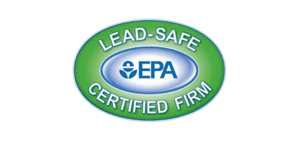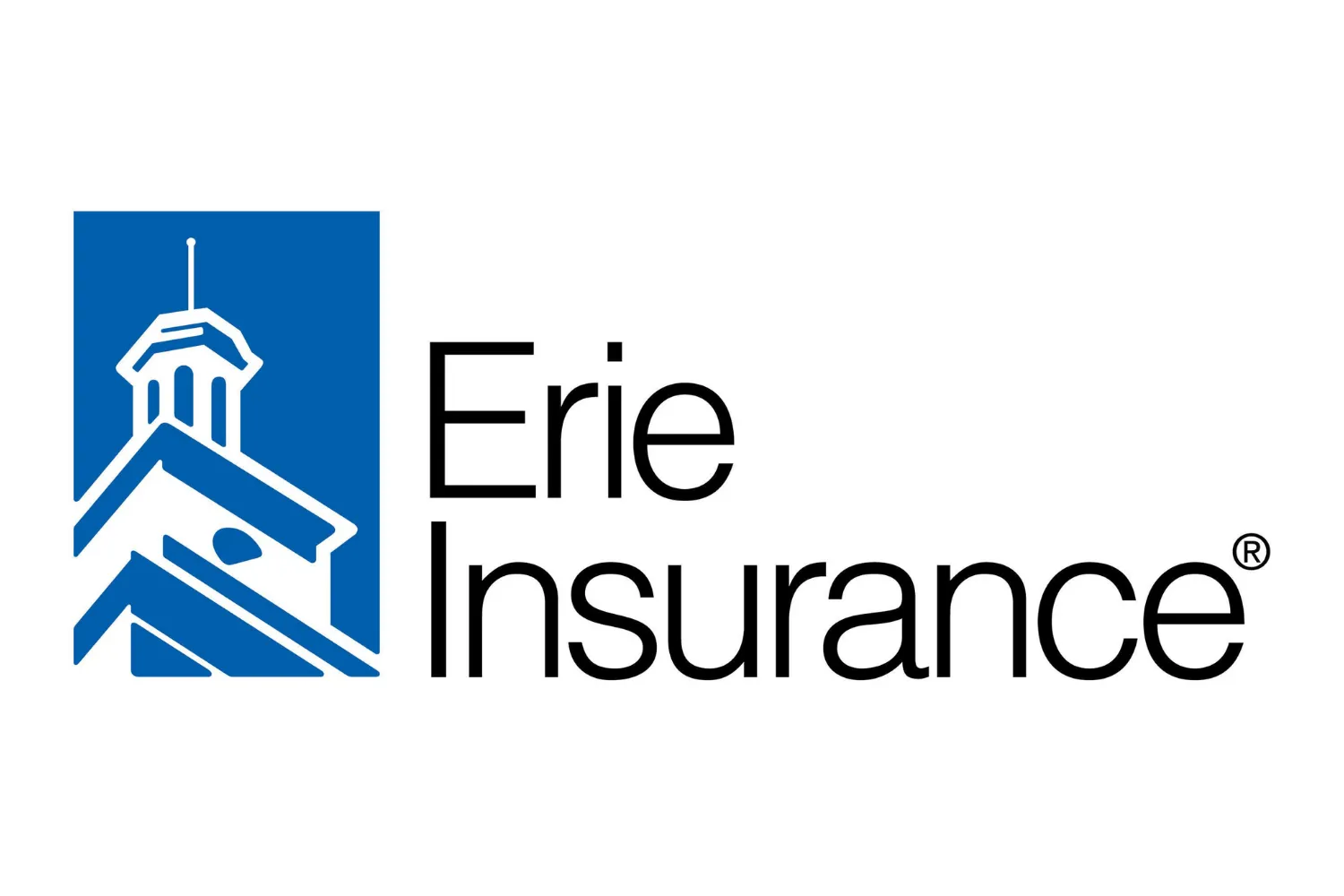Did you know a fire hose can spray up to 1500 gallons of water per minute? This force is crucial in saving lives and homes. Yet, the journey to recovery is just starting. A house fire is devastating, and the aftermath can be overwhelming.
Knowing what not to do after a fire is key to safety and recovery. It’s important to follow post-house fire precautions to avoid more damage and ensure health and safety.
Key Takeaways
- Do not enter a fire-damaged home until local authorities declare it safe.
- Avoid using any electrical appliances until a professional has assessed the electrical service.
- Refrain from cleaning fire-damaged items without consulting experts to prevent further damage.
- Do not attempt to turn on utilities like water and gas until professionals approve their usage.
- Contact your insurance company immediately and provide detailed information, including photos of the damage.
- Consult with smoke removal specialists before washing any affected property.
- Vacate the premises immediately post-fire to allow firefighters to assess safety conditions.
By following these guidelines, homeowners can take the right steps toward recovery. The process might be tough, but careful actions in the beginning can lead to better outcomes. Stay vigilant, consult experts, and always prioritize safety.
Immediate Actions to Avoid Post-House Fire
After a house fire, taking the right steps is crucial for safety and insurance claims. Don’t rush into the house without the fire department’s okay. Going in too soon can be dangerous due to structural damage or toxic fumes.
Trying to clean up fire, smoke, and soot damage on your own is a big mistake. You need professionals to safely remove harmful substances. Also, keep utilities like gas, electricity, and water off until they’re checked by experts.
Another error is getting rid of damaged items too quickly without documenting them first. It’s important to take photos and make detailed lists of what’s been damaged. This helps you get fair compensation from your insurance. Always talk to your insurance company before starting any restoration work to avoid losing your claim.
- Wait for clearance from authorities before entering the home.
- Refrain from cleaning fire and smoke damage without professional assistance.
- Keep utilities turned off until deemed safe by professionals.
- Document all damaged belongings thoroughly before discarding anything.
- Contact your insurance agent immediately to start the claims process.
By following these careful steps, homeowners can better handle the aftermath of a fire. This ensures safety and helps with insurance claims.
What not to do after a house fire?
After a house fire, it’s key to follow important safety steps. Knowing what not to do can save time, health, and money. One big mistake is eating or drinking anything that’s been near the fire, smoke, or water. These items can be harmful to your health.
Don’t turn on any electrical appliances or systems without a check first. This is to avoid electrical dangers that might not be seen. Also, don’t start any repairs or cleaning on your own. This can mess up your insurance claims and property checks.
Don’t throw away damaged items before a claims adjuster looks at them. Keeping these items helps with accurate claims and getting the right compensation. Also, wait for the fire service to say it’s safe before going back inside. The fire might have weakened the building.
It’s also important to tell your utility providers about the fire but don’t try to fix things yourself. Get experts to clean smoke and fire damage from fabrics and items. This protects your health and prevents damage to metal things from the heat and chemicals in the smoke.
Finally, keep kids and pets away from the burned areas. This helps prevent health problems and keeps things clean. Following these tips helps make the recovery process safer and more organized after a house fire.
Conclusion
Dealing with a house fire aftermath needs careful steps and planning. Knowing what to do can help ensure a safe and effective recovery. Don’t enter the property or use utilities until experts say it’s safe. This is key for your safety and the property’s condition.
Getting professionals for clean-up and restoration is also crucial. Documenting everything well is important for insurance claims. This protects your financial well-being. Always avoid dangerous areas and work closely with fire services and insurance companies for a smooth recovery.

















